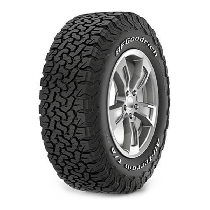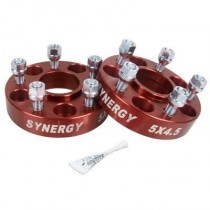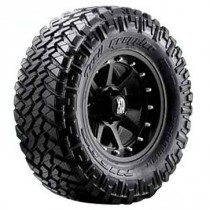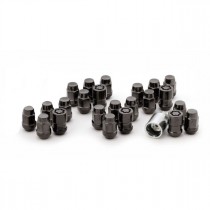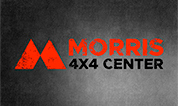Wheels are one of the most significant and most expensive purchases you might make for your Jeep. You want them to last a long time, endure abuse on the trail and in town, and look great. Especially in the Jeep world, the options are nearly endless - in size, construction, offset, and even color.
A key decision that will narrow the field for you is whether you want alloy wheels or steel wheels. They both have their advantages and disadvantages, and the ultimate choice should come down to how you use your Jeep most often. Are you in the rock gardens frequently? Do you roll with a full overland set-up? Does your rig double as your daily driver? Do you want to run really, really big tires?
Let’s look at some important variables in wheel choice that will help guide your research before you click that “Buy It Now” button.
Factory Wheels
Before we tackle the wide world of aftermarket Jeep rims, we should think first about your stock set-up. One of the advantages of the factory wheels is that they were designed by Jeep’s engineers specifically to fit, perform, and last a long time on your specific model Jeep.
Countless design and testing hours went into their creation, and manufacturers have the benefit of purchasing and production power - Jeep puts millions and millions of wheels on their trucks every year. These economies of scale mean that the manufacturer can deploy advanced technologies and materials - like forged alloys - for a lot less money than you can buying an aftermarket wheel off the shelf.
Many of Jeep’s stock wheels are forged alloys, they are incredibly durable, and can accommodate a wide range of tires if you’re careful with the sizing. So, don’t discount the factory rims out of hand - after all, they already came with the truck!
Rolling In Style
However, hanging on to your stock wheel set-up means that your Jeep will look like pretty much every other Jeep out there - and there are a lot of them. One of the great benefits of the Jeep platform is that there are hundreds and hundreds of wheel designs available in the aftermarket that can set your particular rig apart from the crowd.
From the design perspective, besides a really wild paint job, nothing turns heads on the street more than your wheels. Their style, size, and color can really make or break the overall look of your rig. And you know what? How our Jeeps look can be as important to us as how they tackle the trails - and that’s ok. Part of what makes the lifestyle fun and satisfying is putting down your personal vision for your rig, both in performance and in style. Instagram agrees.
Steel Wheels vs. Alloy Wheels
Now we come to the big question.
When considering a set of aftermarket rims for your Jeep, what they are constructed of should be first on the list of priorities. Why? More than any other variable, this choice will narrow your available range of decisions further down the line. Consider these factors:
Wheel Sizes and Styles
Steel wheels generally are available in a narrower range of sizes than alloys. They aren’t nearly as popular as alloy wheels, so manufacturers invest less in their design, and the characteristics of the lightweight steels they use also limit the shapes they can take. Seventeen inches is going to be the real upper limit of what you can get in a steel wheel and still have a decent range of choices. However, their classic look can impart a kind of retro toughness to your vehicle.
Alloys, on the other hand, can range anywhere from twenty-two to fourteen inches, and come in a nearly infinite variety of width, offset, design, and color. They can be mounted with a huge range of tires. The market just for JK Wranglers alone is absolutely flooded with wheel options - so much so that it can lead to analysis paralysis! At least you know you will find a design that can meet your personal style needs - eventually.
Wheel Weight and Performance
As a general rule, steel wheels tend to be heavier than their aluminum alloy counterparts, but not always. Today’s advanced steels have remarkably less heft than steelies from years gone past, and their durability is not compromised. If you travel remotely, or in extremely harsh terrain, a steel wheel when damaged often can be repaired with a big hammer. A few whacks, and you can be back on the road. Steel tends to bend, where alloys crack.
Aluminum wheels - especially forged alloys - are for the most part lighter, and in most measures stronger than steel. While a damaged alloy wheel might be a challenge to repair or replace in the field, it is less likely to be mangled catastrophically in the first place. A lighter wheel also means less unsprung weight - this can contribute better fuel economy, and, if you want to run a larger, heavier tire, will compensate for some of that increased heft.
Wheel Cost
A high-quality alloy wheel will generally leap ahead of steel rims in the cost category. But, there are plenty of rugged alloy options out there that are very affordable, and will add a real shake-up to your Jeep’s look. For example, I think iON’s [171]-style alloy offers classic looks and modern performance on a TJ Wrangler that’s hard to beat. And, at only $159 per, you won’t break the bank.
Something to consider when switching up your rims is to buy five wheels, rather than four. Having a matching spare is helpful in a tire emergency, and by including it in your regular tire rotations you extend the life of your tires.
What Wheels Do You Need?
This choice is as personal as the reasons we bought our Jeeps in the first place.
Regardless of which rims you choose, you should always source them from a reputable manufacturer who has a solid track record of building tough, durable wheels, and who stands behind their products. Wheels are not only a functional and aesthetic part of your vehicle, they are also a key component of keeping you safe out on the trails and in the urban jungles.
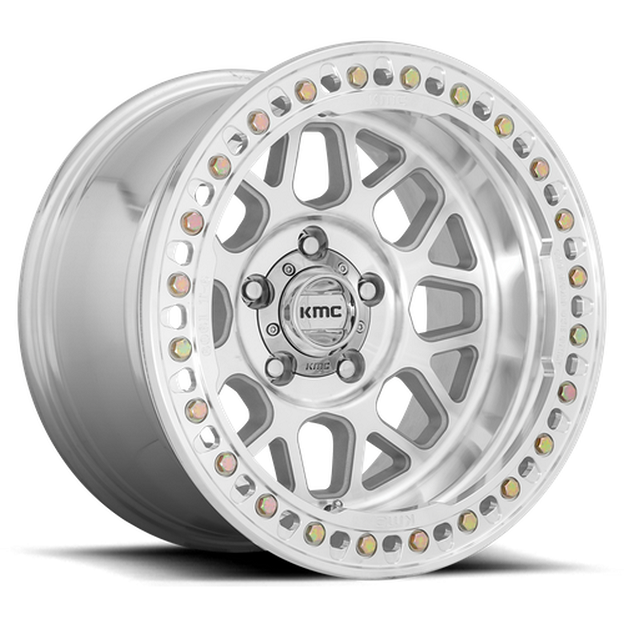
Personally, as a driver who has built a handful of overland set-ups on two different continents, I like the low cost, durability, and repairability of steelies in remote areas. I also shade toward older trucks, which tend to fit the steel aesthetic more closely.
However, the sheer number of alloys out there - from fully machined Method Racing Wheels, to affordable Dick Cepek rims - means the choices in the world of aluminum are hard to beat for nearly all Jeep drivers, regardless of where you wheel your rig. From the daily commute, to relaxed desert cruising, to King of the Hammers, alloys give you the widest range of options.
Morris 4x4 stocks a huge array of both steel and alloy rims for all kinds of Jeeps - for original Willys’ and for the latest Gladiator pickup. Don’t hesitate to reach out to one of our experts to help you along the way in choosing a great new set of wheels for your Jeep.
Which do you prefer? Steel or alloy? Share your experience down in the comments.


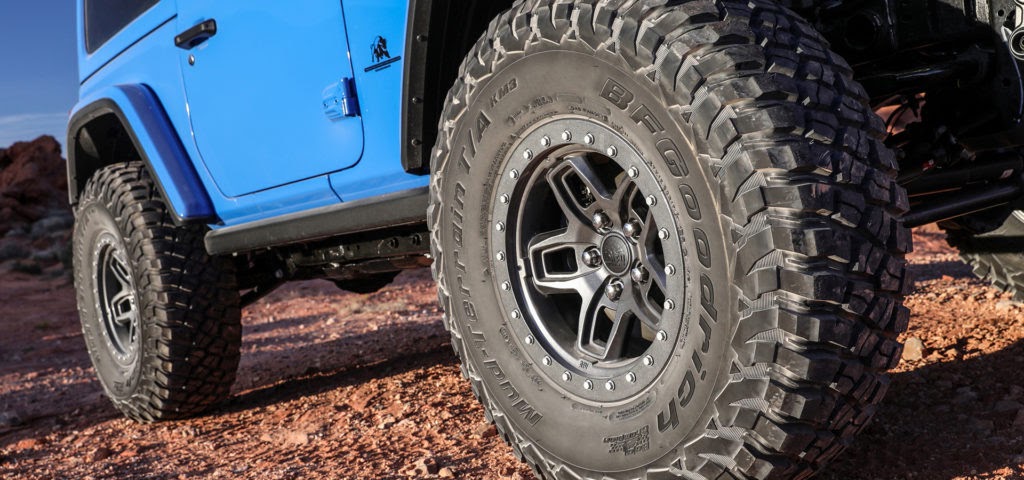











![iON [171] Polished Wheel 15" X 10" - 5" X 5.5" Bolt Pattern, Back Spacing 4"](https://www.morris4x4center.com/media/catalog/product/cache/2/small_image/360x/9df78eab33525d08d6e5fb8d27136e95/p/d/pdint_2_ion-alloy-171-chrome_3_5474.15720286693505.jpg)










